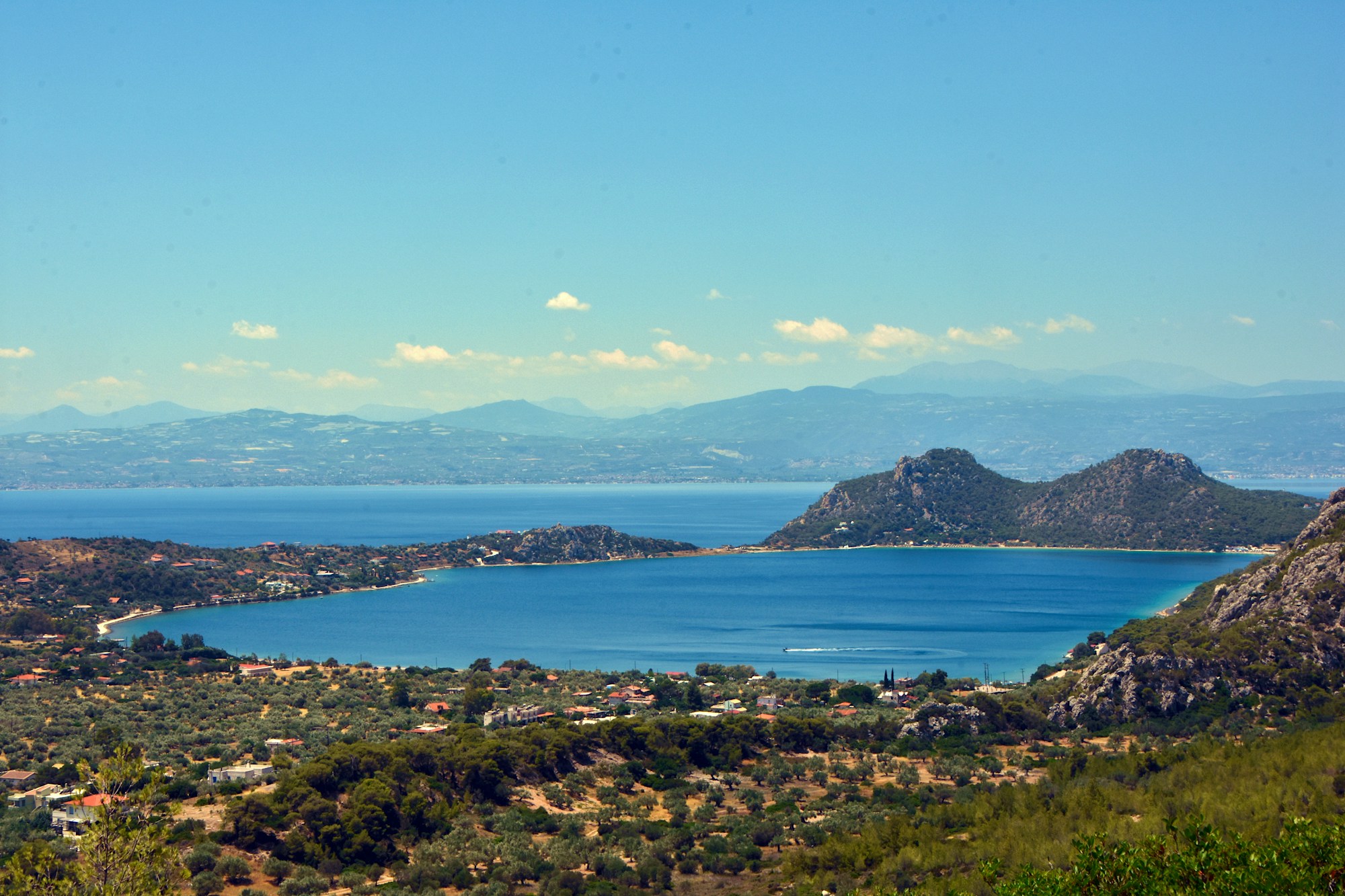Discover Loutraki: History, Customs, Festivals, and Traditions
Explore Loutraki: Dive into its rich history, vibrant customs, festivals, and timeless traditions.

Discover Loutraki: History, Customs, Festivals, and Traditions
Introduction
Located on the coast of the Gulf of Corinth, Loutraki is a beautiful town renowned for its thermal springs, striking landscapes, and rich historical heritage. This travel guide will take you deep into the heart of Loutraki, exploring its history, customs, festivals, and traditions to provide a comprehensive experience for any traveler.
Historical Background
Loutraki’s history dates back to ancient times, with significant mentions during the Roman and Byzantine periods. The name itself is derived from the Greek word "loutra," meaning baths, referencing the thermal springs that have attracted visitors for millennia. These waters were said to be blessed by the gods and were used for therapeutic purposes. The town grew in prominence as a spa destination during the 20th century, fostering a unique blend of ancient traditions and modern developments.
Archaeological Sites
Visitors to Loutraki can explore several archaeological sites that offer a window into its diverse history:
- Heraion of Perachora: An ancient sanctuary dedicated to the goddess Hera, showcasing exquisite ruins and a breathtaking view over the sea.
- The Sanctuary of Asclepius: Located in the nearby Epidaurus, this site was a significant center for healing in ancient Greece.
- Roman Baths: Remnants of the thermal baths which date back to the Roman era, providing a glimpse into early spa culture.
Customs and Traditions
The customs in Loutraki are deeply rooted in Greek culture, intertwined with both historical significance and modern-day practices.
Local Cuisine
Food is a vital aspect of the cultural experience in Loutraki. The cuisine here represents a mix of traditional Greek dishes with a local twist:
- Souvlaki: Marinated meat skewers, grilled to perfection and often accompanied by pita bread and tzatziki.
- Moussaka: A traditional dish consisting of layers of eggplant, minced meat, and béchamel sauce.
- Loutra Water: Renowned naturally carbonated mineral water from the local springs, purported to have multiple health benefits.
Daily Life and Social Customs
The people of Loutraki are known for their warm hospitality, often referred to as 'philoxenia.' Family gatherings, traditional music, and dance are integral parts of social life here:
- Panigyri: Religious festivals centered around a community's patron saint, typically featuring music, dance, and communal feasts.
- Ouzo Drinking: A cherished social activity where friends come together over small glasses of ouzo, an anise-flavored aperitif, often accompanied by small plates of meze.
Festivals
Loutraki hosts a variety of festivals throughout the year, each celebrated with fervor and enthusiasm.
Epiphany (Theofania)
Celebrated on January 6th, this religious event commemorates the baptism of Jesus Christ. The highlight in Loutraki is the traditional Blessing of the Waters:
- The Cross Dive: Brave locals dive into the cold sea to retrieve a cross thrown by the priest, believed to bring good fortune for the year.
- Processions: Parades and processions fill the streets, with participants donning traditional costumes.
Loutraki Carnival
Held during the weeks leading up to Lent, the carnival is a time of joyous celebration:
- Costume Parades: The town comes alive with vibrant parades featuring elaborate costumes, music, and dance.
- Street Parties: Local streets are filled with food stalls, live performances, and communal dancing.
Festival of St. John
On June 24th, Loutraki celebrates the Feast of St. John with unique local customs:
- Bonfire Jumping: Participants jump over bonfires, a tradition symbolizing purification and the ushering in of summer.
- Flower Wreaths: Wreaths made of flowers are worn and later tossed into the sea to ensure good luck.
Interesting Facts
- Loutraki is home to one of the largest casinos in Europe, offering both gaming excitement and luxurious spa experiences.
- The local climate is Mediterranean, providing hot summers and mild winters, making it a year-round destination.
- The thermal springs of Loutraki are considered to have therapeutic properties, aiding in the treatment of various ailments.
- Loutraki's proximity to Athens (only about 80 km away) makes it easily accessible for a day trip from the capital.
Conclusion
Loutraki is a place where history, nature, and culture converge. From its blend of ancient ruins and modern spas to its vibrant festivals and welcoming customs, Loutraki offers a unique and enriching travel experience. Whether you seek relaxation, adventure, or cultural immersion, Loutraki provides a plethora of opportunities to create unforgettable memories.
